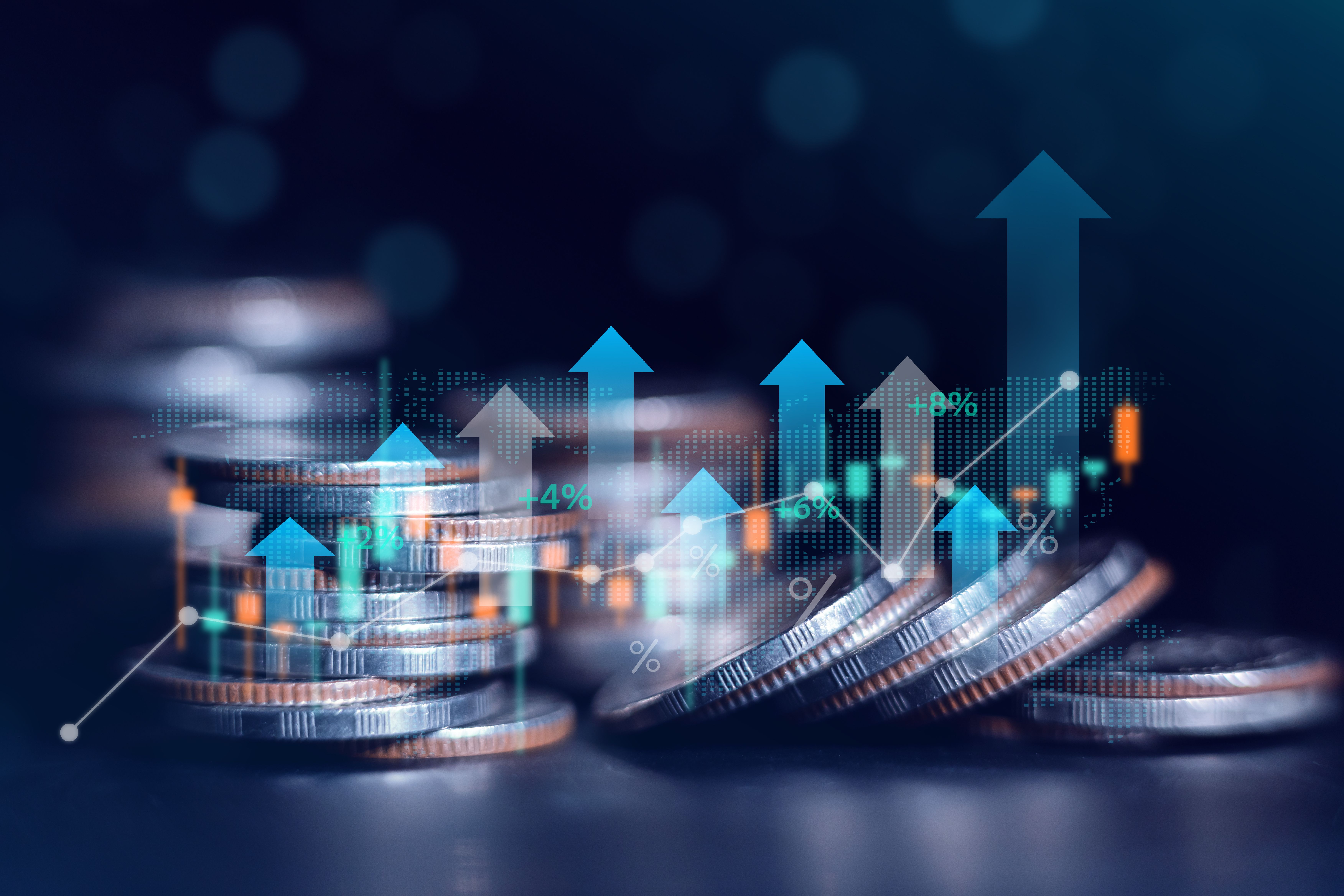- Center on Health Equity & Access
- Clinical
- Health Care Cost
- Health Care Delivery
- Insurance
- Policy
- Technology
- Value-Based Care
Samsung Bioepis Reports 2024 Biosimilar Market Growth Trends
Adalimumab biosimilar market shares have steadily increased, but challenges remain due to pricing strategies and limited government support, according to the Samsung Bioepis report.
Adalimumab biosimilar market shares have steadily increased, but challenges remain due to pricing strategies and limited government support, according to the Samsung Bioepis report. | Image Credit: Kiattisak - stock.adobe.com

Adalimumab biosimilar market shares have risen by 4% from May 2024 to August 2024, primarily due to the uptake of biosimilars through private label brands, according to the fourth quarter 2024 US Biosimilar Market Report from Samsung Bioepis.1
Over the last quarter, the US approved an eculizumab biosimilar (Epysqli), 2 aflibercept biosimilars (Enzeevu, Pavblu), and an ustekinumab biosimilar (Otulfi). In September 2024 alone, the FDA approved 61 biosimilars across 17 unique biological molecules, with 41 biosimilars launched in the US market.
The Biosimilar Q4 2024 average sales price (ASP) discounts compared with the reference product ASP are an estimated –56%, –48%, and –65% for the trastuzumab, bevacizumab, and rituximab markets, respectively. Wholesale acquisition costs (WACs) for oncology biosimilars represent a 10% to 25% discount compared with the reference products while supportive care biosimilars have a WAC discounted between 18% to 67% compared with the reference product.
The market share has increased an average of 53% after the first 5 years of post-initial biosimilar launch. Biosimilars can be categorized by their level of uptake based on fast or slow market speeds. Fast uptake speeds have reached an average of 81% market share after 5 years for oncology, ophthalmology, and pegfilgrastim biosimilars. Slow uptake speeds achieved a 26% market share by year 5 for immunology, filgrastim, epoetin alfa, and insulin glargine biosimilars.
While biosimilars are highest among medical benefit molecules like oncology, ophthalmology, and pegfilgrastim, the total biosimilar share remains low in pharmacy benefit markets including adalimumab and insulin. A report from the Biosimilars Council emphasized the pharmacy benefit manager (PBM) rebate policies protecting an estimated $2 billion in profits for Humira (originator adalimumab) that blocks competition for the biosimilars on the market.2 Regardless of some of the biosimilars having list prices more than 80% lower than Humira, these products have only seen a 2% market share.
Some strategies have emerged to favor biosimilars over reference biologics, but Medicare and state-managed Medicaid formularies are behind on these efforts.1 Medicaid agencies have some contracts in place that allow reference biologics to be more affordable and patient disruption is less attractive. Medicare reimbursements are often higher for reference biologics, creating financial disincentives for providers to switch to lower-cost biologics. Strict rules on the continuation of care and concerns about members filing grievances can also make health plans hesitant to switch to biosimilars. Commercial insurance companies may experience loss of rebates on reference biologics that create challenges with employers, plans, and PBMs.
Biosimilar market shares and ASPs have surged. Trastuzumab, bevacizumab, and rituximab biosimilars now hold over 80% of their respective markets, with ASPs ranging from $1286 to $1419. Filgrastim and pegfilgrastim biosimilars also dominate their markets, with shares exceeding 80%.
Epoetin alfa has a less competitive market, with a single biosimilar and a combined 60% to 70% market share for the reference products. Infliximab biosimilars have gained significant ground, reaching a 47% market share while adalimumab biosimilars lag, with only 22% market share and varying prices.
Tocilizumab biosimilars hold a substantial market share, driven by multiple formulations with different WACs. Insulin glargine biosimilars have a 24% market share, influenced by Sanofi's pricing strategy. Ranibizumab biosimilars have a 56% market share with an ASP of $891.
Pricing strategies from original manufacturers have influenced these shares. Overall, biosimilars have made substantial inroads into the market, offering cost-effective alternatives for various treatments.
Payers have recognized an average monthly savings of $1.6 per member per month (PMPM) with biosimilars, and some have experienced savings as high as $6 PMPM. These savings are often reinvested to mitigate rising drug costs and curb premium increases. By reducing expenses in high-cost biologic markets, payers can allocate more resources to innovative therapies. This also enables them to relax utilization management restrictions, granting patients greater access to biologics and potentially improving outcomes.
To maximize biosimilar benefits, payers are exploring various strategies. These include incentivizing government programs to prioritize biosimilars, eliminating grandfathering clauses that hinder conversions, and streamlining the regulatory approval process for new biosimilars. Additionally, simplifying the administration of biosimilars for pharmacies and providers can reduce burdens.
For faster cost reductions, payers should expedite conversions to biosimilars. While there may be short-term costs, the long-term savings should outweigh any negative impacts. Implementing step therapy, which involves switching patients to a biosimilar or another biosimilar rather than returning to the brand name drug, can also be effective. Finally, payers should consider developing innovative benefit designs to optimize biosimilar utilization.
“Biosimilars have already contributed an estimated $36 billion in savings to the US health care market, but there is still significant room for growth,” said Thomas Newcomer, vice president, head of market access at Samsung Bioepis. “Our hope is that stakeholders will become more familiar with biosimilars and continue to embrace their potential.”
References
- Samsung Bioepis biosimilar market dynamics 7th edition, Q4 2024. Samsung Bioepis. October 10, 2024. Accessed October 14, 2024. https://www.samsungbioepis.com/en/etc/gadown.do?filename=SB+Biosimilar+Market+Report+Q4+2024.pdf&utm_source=pdfClick&utm_medium=filedown&utm_campaign=marketReport
- Jeremias S. Biosimilars Council: PBM rebate schemes cost Americans, payers $6 billion. The Center for Biosimilars. Published April 10, 2024. Accessed October 14, 2024. https://www.centerforbiosimilars.com/view/biosimilars-council-pbm-rebate-schemes-cost-americans-payers-6-billion
The Breakdown: Breast Cancer Research Awareness Day
August 19th 2025Breast cancer is the second most common cancer among women and the second leading cause of cancer-related deaths among women in the US. In light of Breast Cancer Research Awareness Day, The American Journal of Managed Care® breaks down the most recent advancements in breast cancer prevention, screening, and therapies.
Listen
